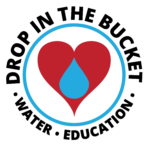The Surprising Link Between Clean Water and Teen Pregnancy at the Buyubu Primary School
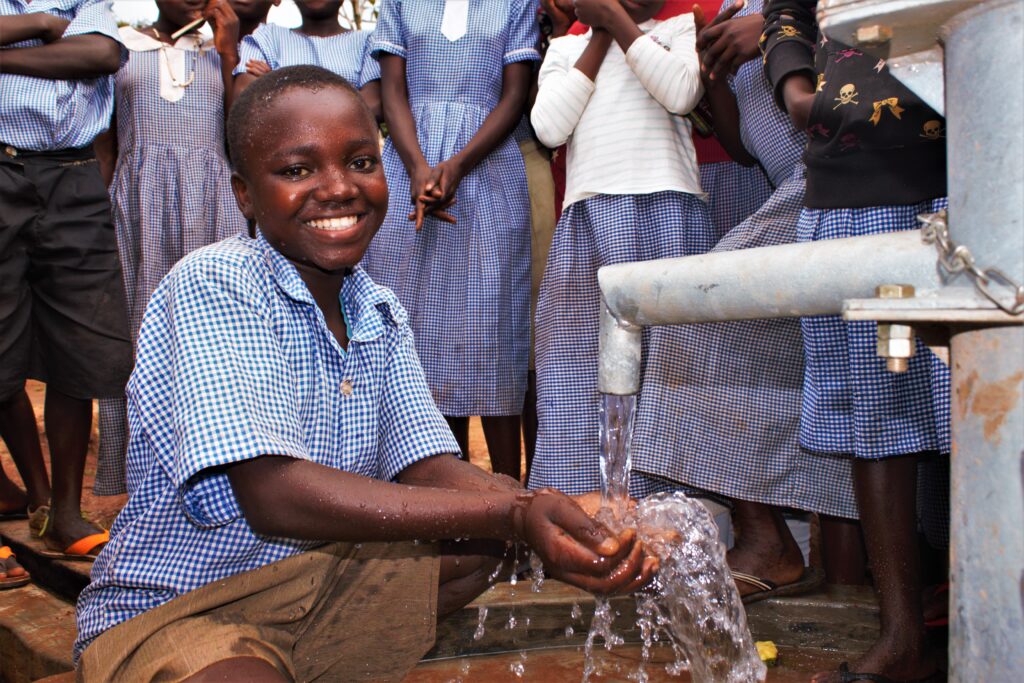
Buyubu Primary School and How Clean Water Helped Reduce Teen Pregnancy Buyubu primary school is in the Iganga District of Uganda. The school did not have a well, so they had to rely on a community well at a local trading center. The school’s headteacher hired a local laborer to fetch water from a well […]
The Surprising Reason Why Children Were Missing Class at Naluko Primary School
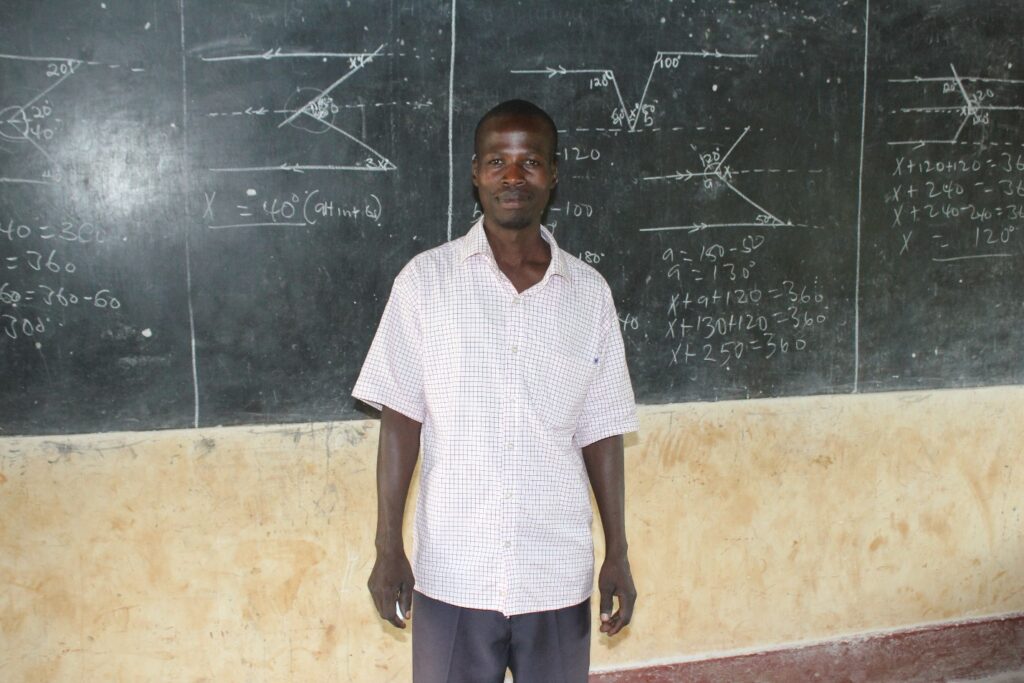
Naluko Primary School: Where the local community made students work for their water Naluko Primary School had no water source, so they use a community borehole a kilometer away. The head teacher, Namaganda Mary, spent several years lobbying for a well to no avail. “I approached all of the local authorities. Some promised to help, […]
Clean Water Returns to Laliya Dwol, Uganda
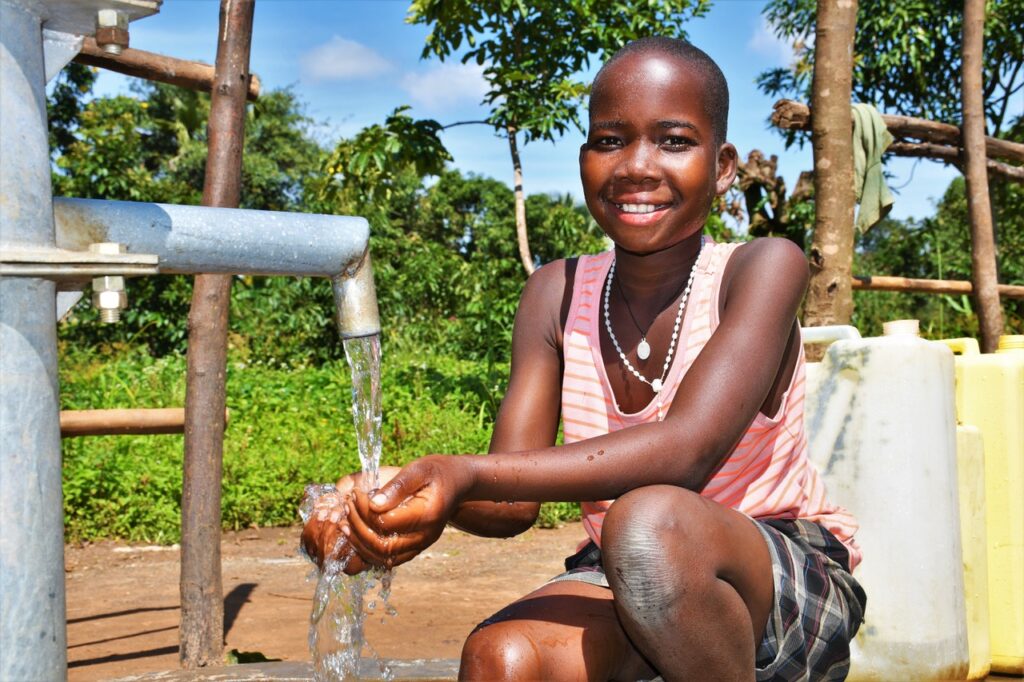
How Access to Clean Water Transformed a Village Laliya Dwol, a community of more than 400 households in the Gulu District of northern Uganda, is also home to one of the region’s top-performing secondary schools. In the school’s early days, the community enjoyed reliable access to clean water from a borehole drilled on the school […]
There are always Challenges For an Africa water charity drilling wells in Nwoya, Uganda
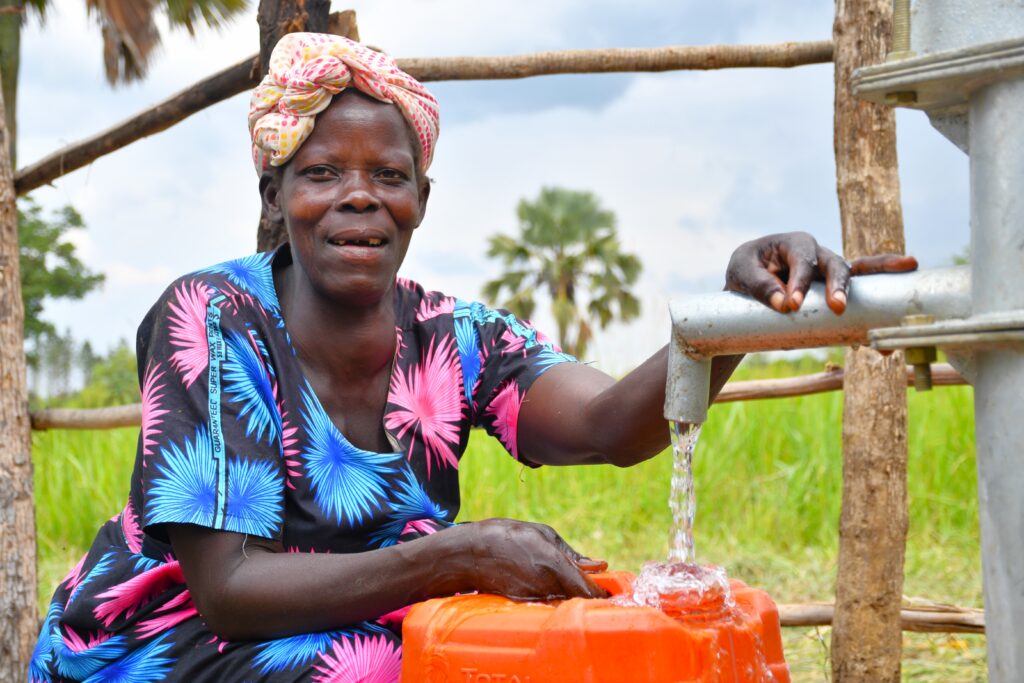
Uganda Water Charity Drills Wells in Nwoya Drop in the Bucket is an Africa water charity focused on bringing clean water to rural communities in Uganda, which is in East Africa. Our drilling team recently completed several new wells in the Nwoya district of northern Uganda, helping hundreds of families make drinking from unsafe water […]
Aleng C Village in Uganda now has Clean Water
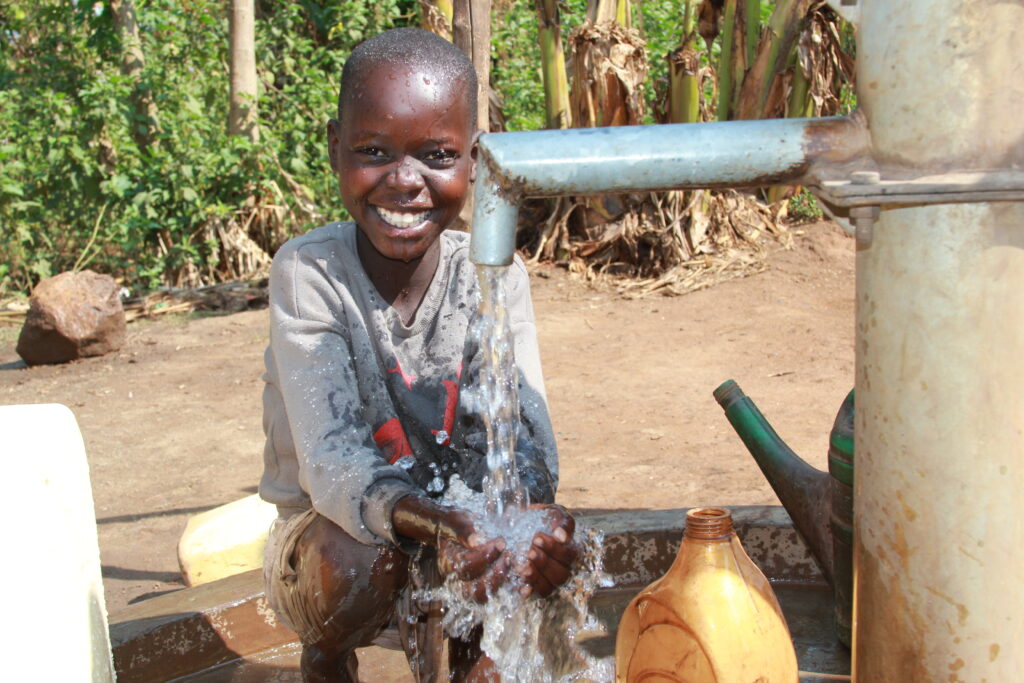
From Muddy to Clean Water in Aleng C Village In Aleng C village, located in the Nwoya district of northern Uganda, access to clean water was once an impossible dream. For families like Auno Kevin’s, the only available sources were two hand-dug waterholes. Positioned at the bottom of a slope, these dirty water sources turned […]
International Women’s Day: Take Action For A Fairer World
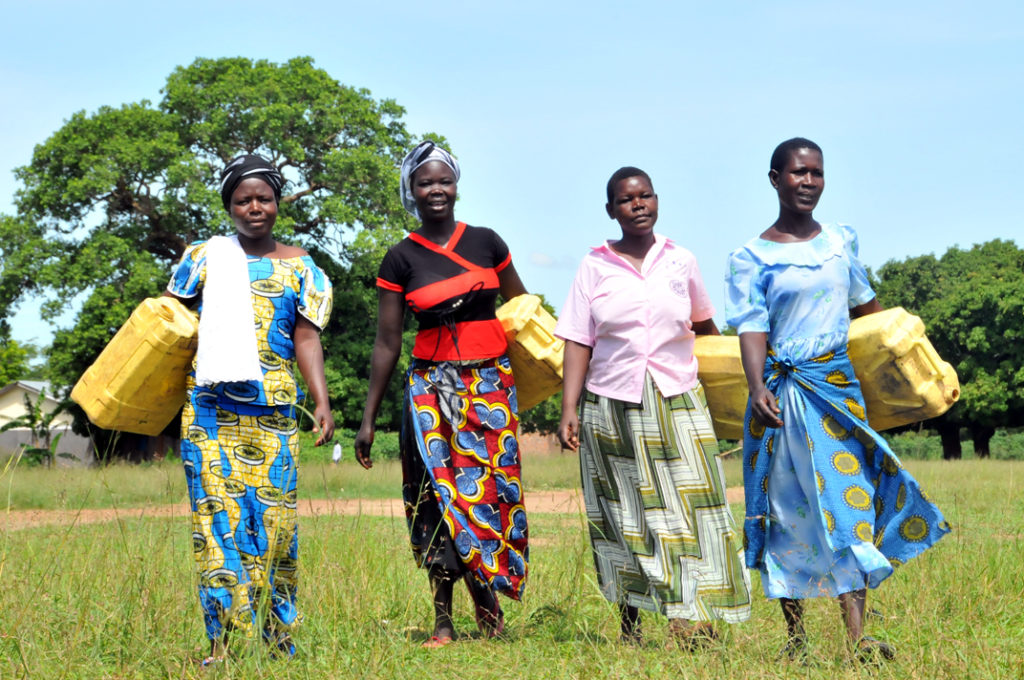
International Women’s Day 2025 Today is International Women’s Day -the world today can feel overwhelming, with challenges that look different from place to place. While circumstances may vary, uncertainty and obstacles affect us all. In many parts of the world, women are still fighting for opportunities that others may take for granted—whether it’s access to […]
Why Clean Water Is the Most Powerful Gift You Can Give to Africa
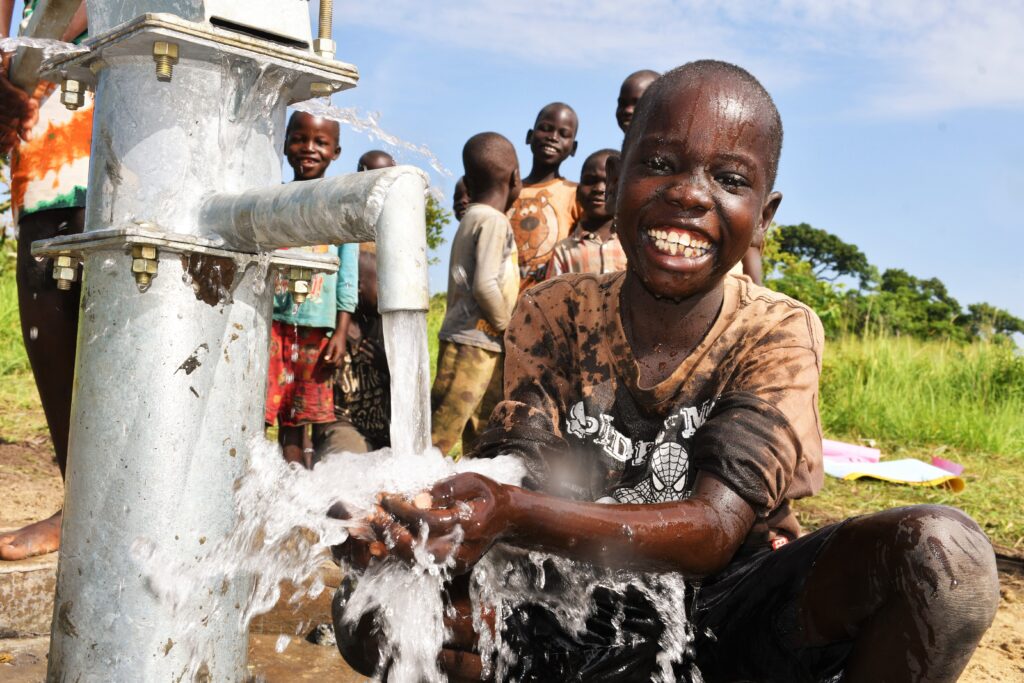
Why Clean Water Is the Most Powerful Gift You Can Give to Africa To people living in rural Africa, access to clean water represents more than just a basic need—it signifies health, opportunity, and hope. For millions across the continent, clean water is the foundation for a brighter future. Yet, for many communities, the simple […]
Celebrating the International Day of the Girl in South Sudan
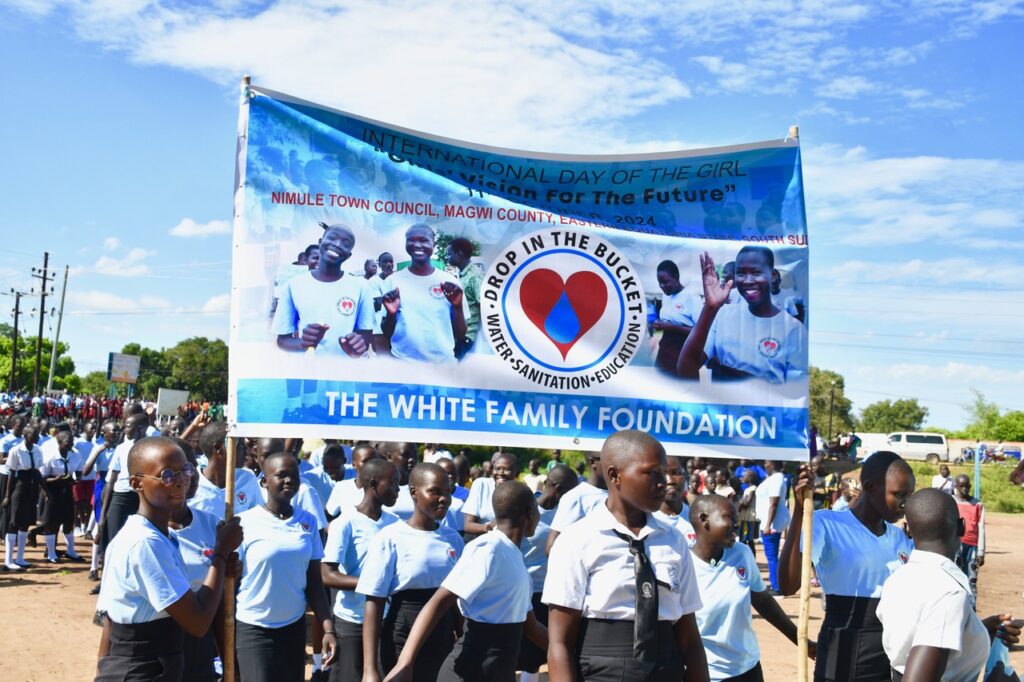
International Day of the Girl 2024 This year, Drop in the Bucket proudly took the lead in organizing a special celebration for the International Day of the Girl in South Sudan. With many international NGOs shifting their focus to the enormous influx of refugees due to the ongoing fighting in Sudan—displacing over 5 million people—DROP remains committed to advancing […]
Help Us Bring Clean Water to More Schools this Year!
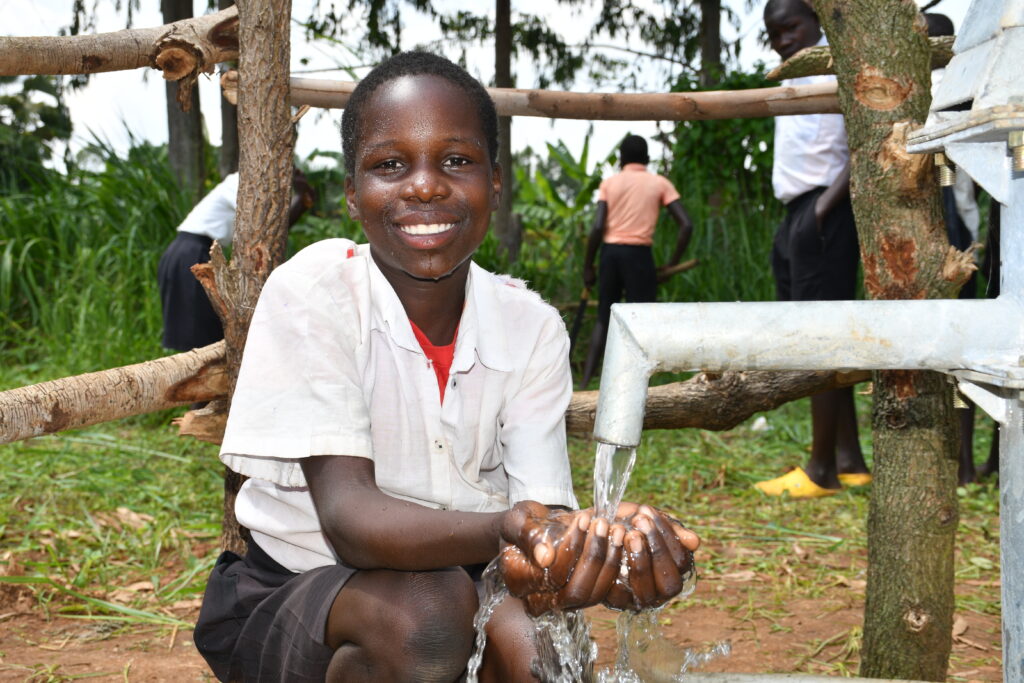
Help Us Bring Clean Water to Even More Schools in Uganda This Year! We’ve been sharing a lot about our education programs recently, but that doesn’t mean we’ve slowed down on our water well drilling work. In fact, 2024 has been one of our busiest years yet for drilling and we need your help to […]
St. Vicent Buliganwa Primary School: Clean Water Changes Everything
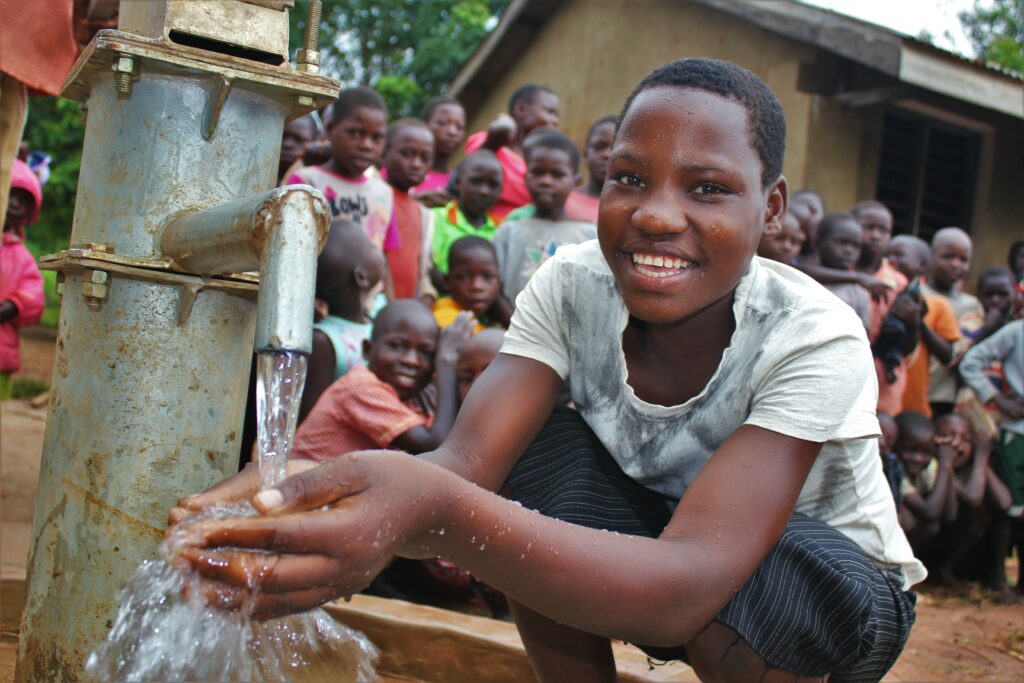
In Africa Clean Water Changes Everything Drop in the Bucket, is a testament to the transformative power of water and education. Every day as we work in remote villages, we see just how much clean water changes everything. Today, we want to share an inspiring story of resilience and determination from St. Vicent Buliganwa Primary […]
